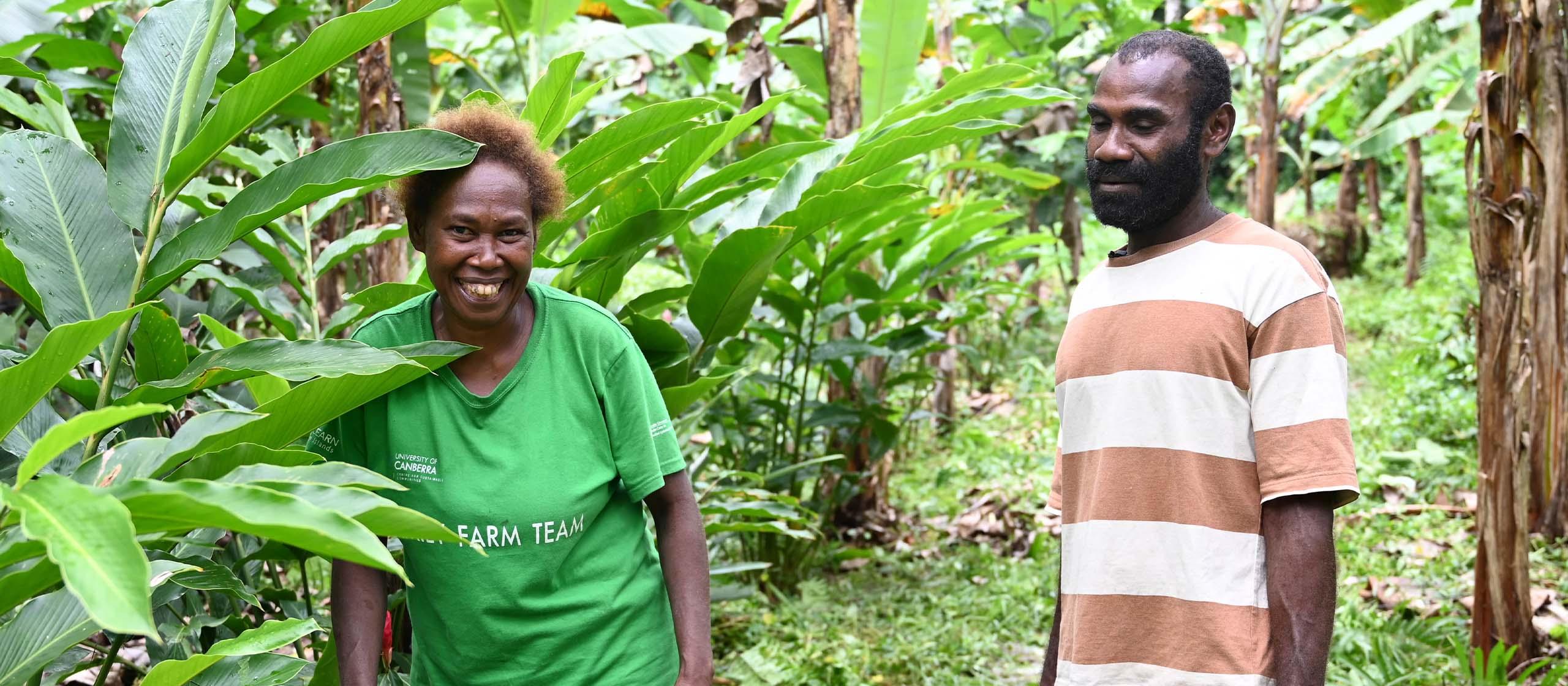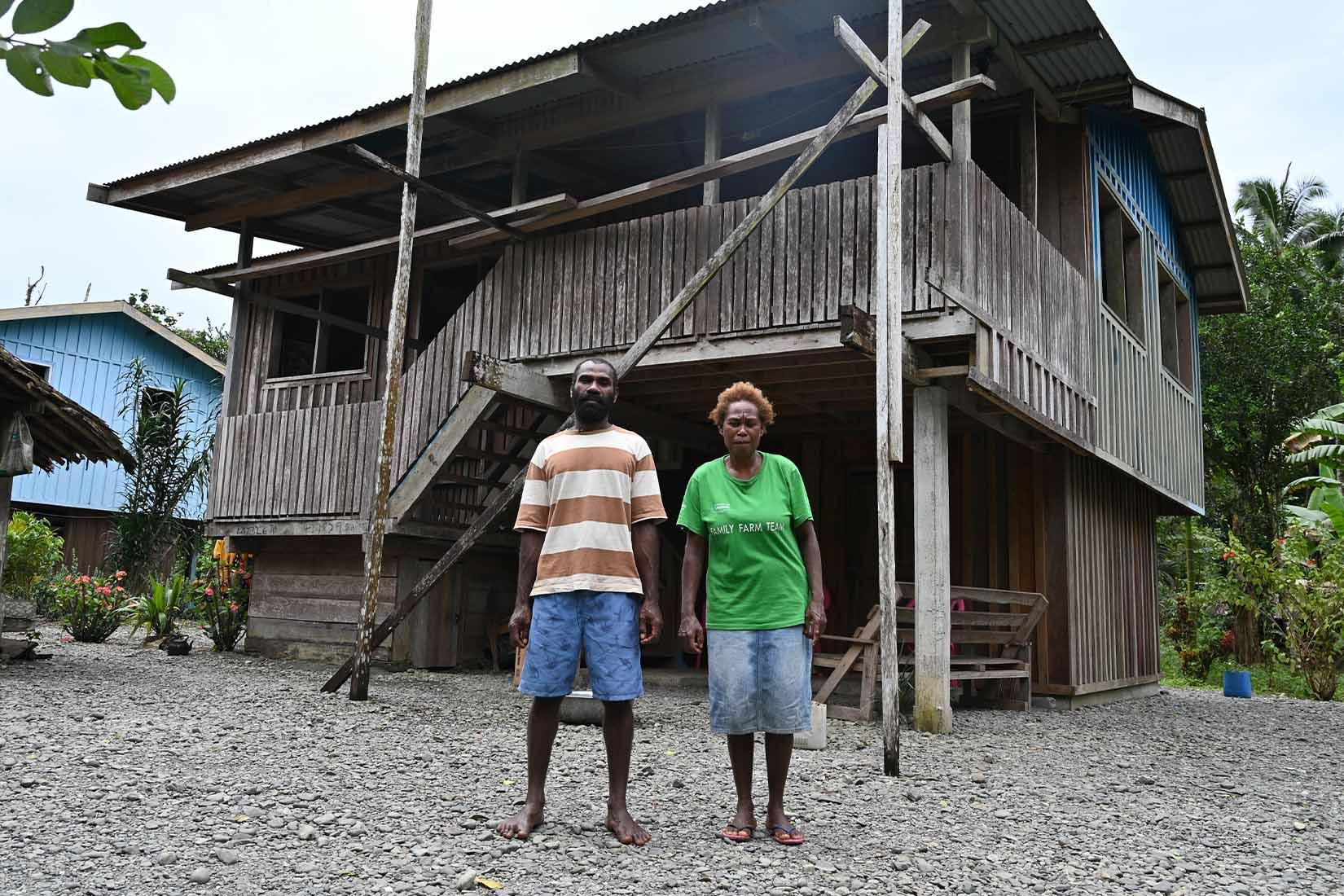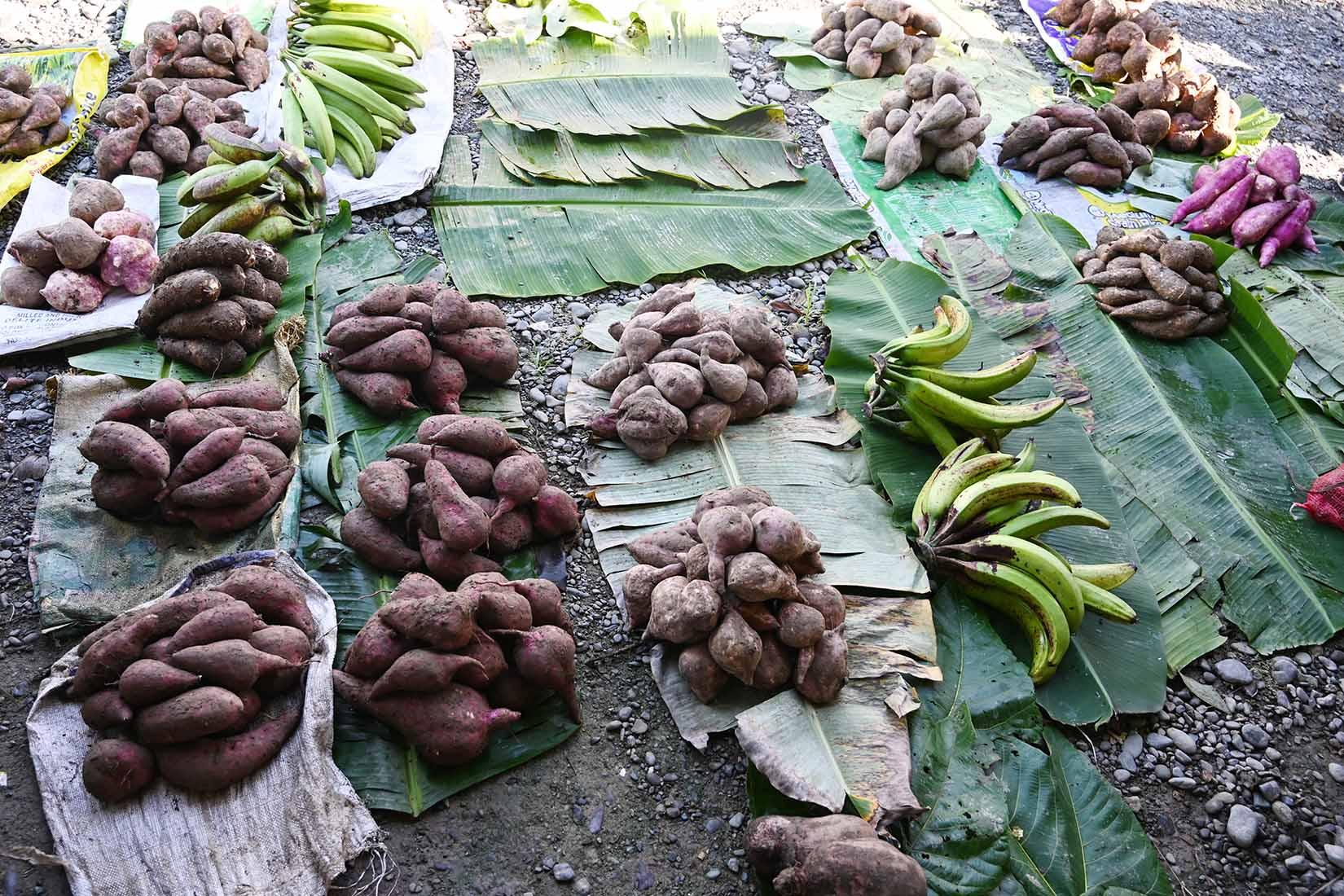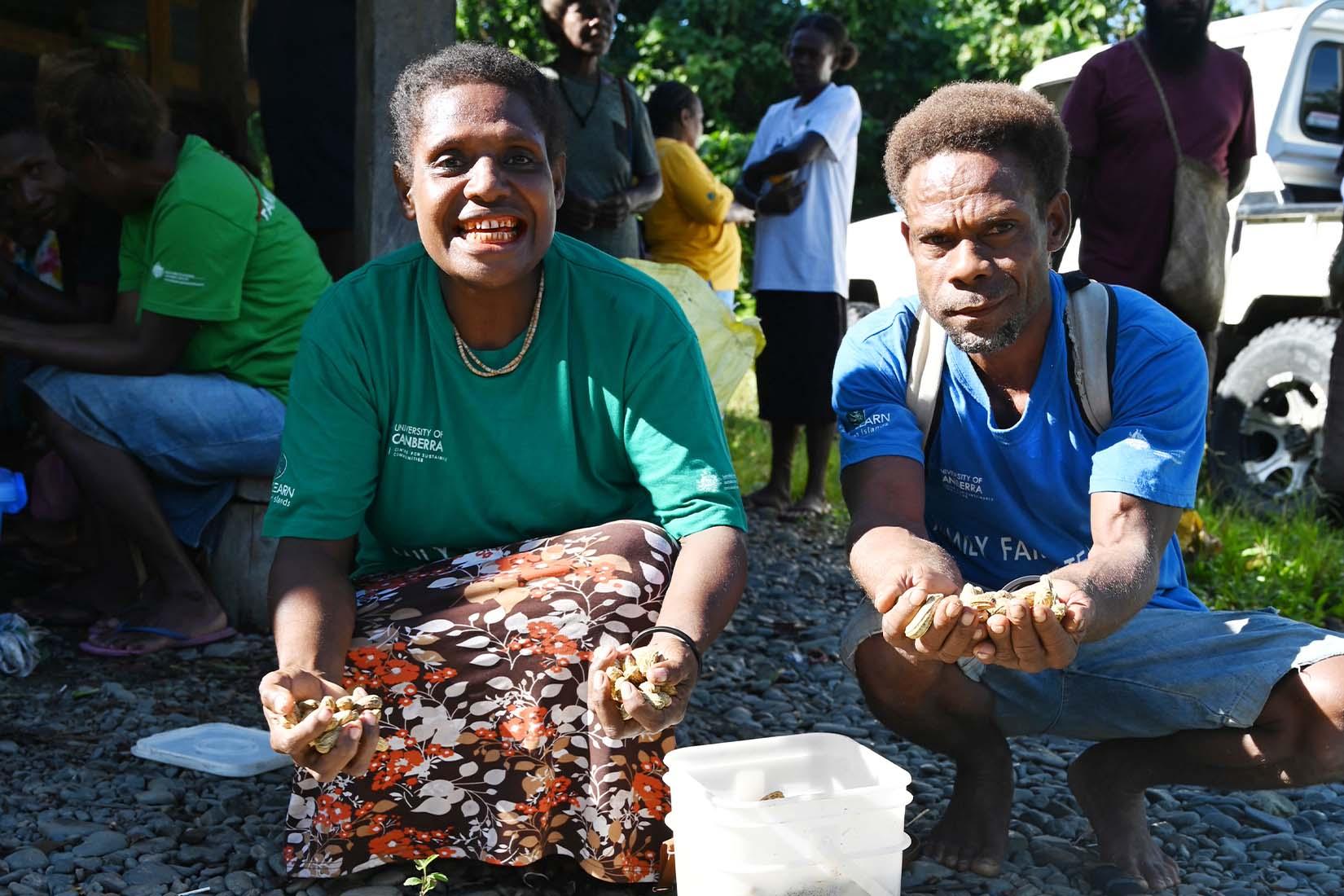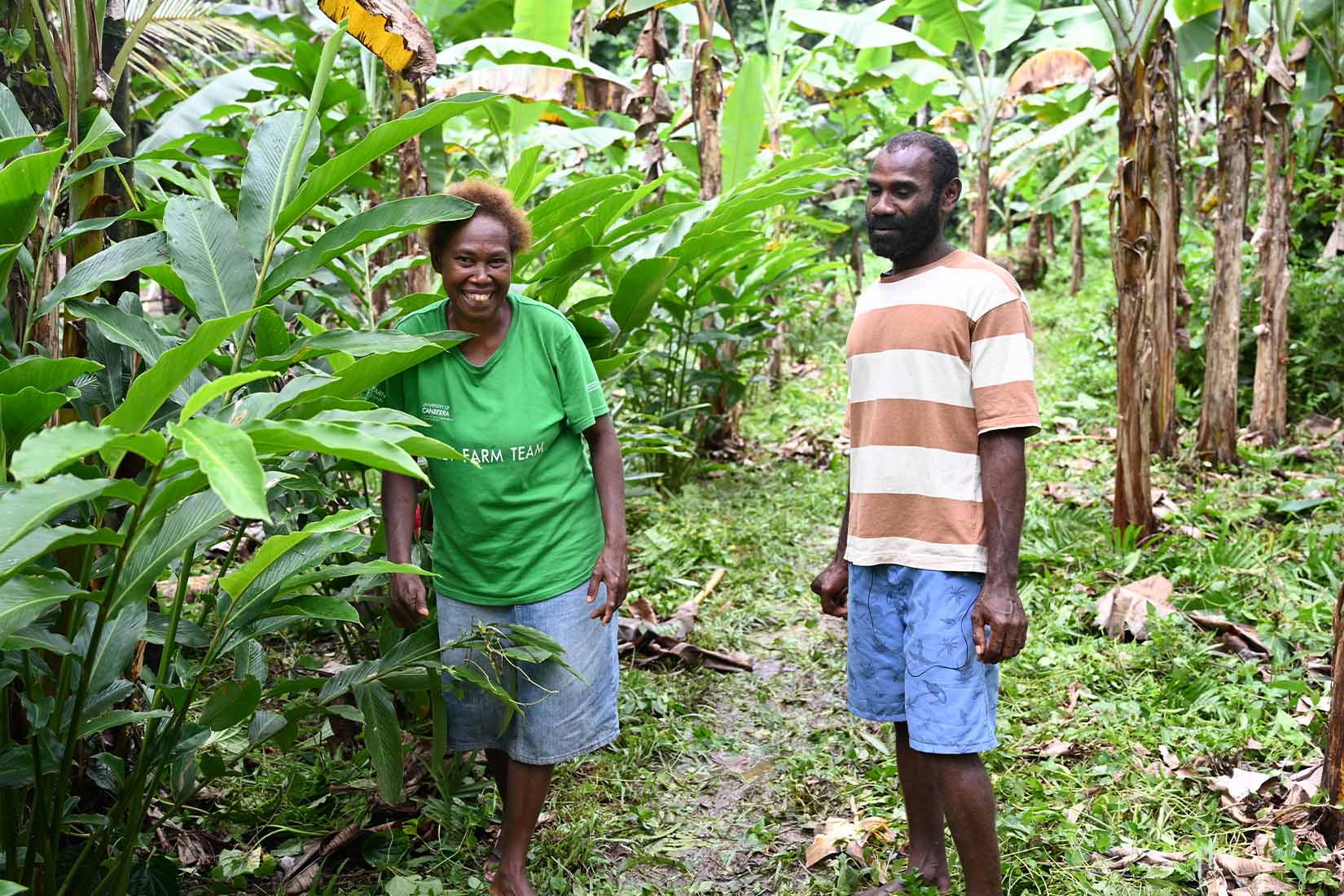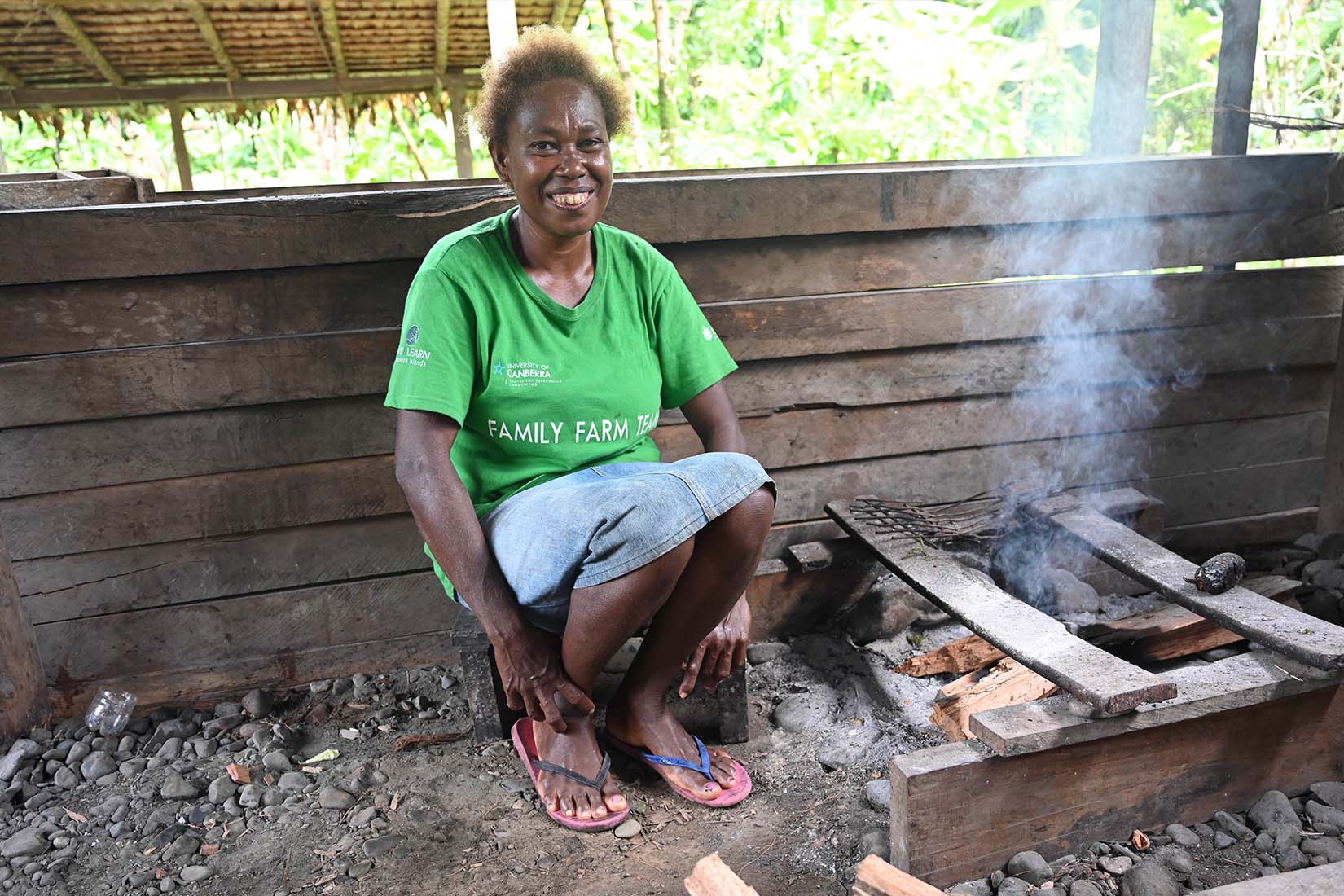Subsistence farming is a predominant livelihood for most rural communities in Papua New Guinea (PNG) and the Solomon Islands.
Both countries' agriculture sectors are increasingly prone to climate hazards and have underperformed over the last 2 decades, hamstrung by chronic underfunding, declining productivity, and a lack of infrastructure and services, among other factors.
In PNG, women perform 70% of the work in agriculture, but their role is not fully recognised. In the Solomon Islands, rural female farmers continue to face barriers to accessing agricultural training, community decision-making, and economic development.
A 5-year ACIAR-supported project led by the University of Canberra is changing the approach to traditional roles by teaching families to work together as a team.
Known as the Family Farm Team (FFT) approach, the model has already proven a success in PNG and is now being trialled in the rural and remote community of Longgu in the Solomon Islands. The initiative is in partnership with local civil society organisations, Live and Learn, Kastom Gaden Association, and the Longgu District Mother's Union.
A 5-hour drive from Honiara, Longgu is only accessible by bumpy backroads and multiple river crossings. Due to the remoteness of its location, the primary employment activity is backyard farming and small-scale coastal fishing.
The FFT approach is already empowering families in the Longgu community to generate more income, eat healthier diets and foster improved gender equity through greater inclusion in planning and decision-making.
